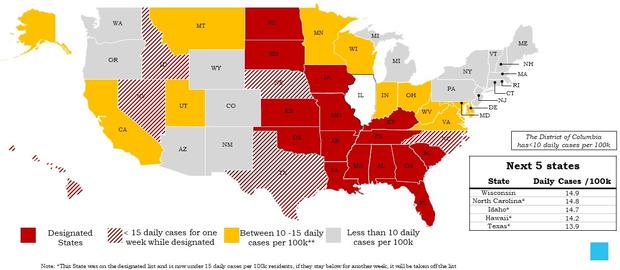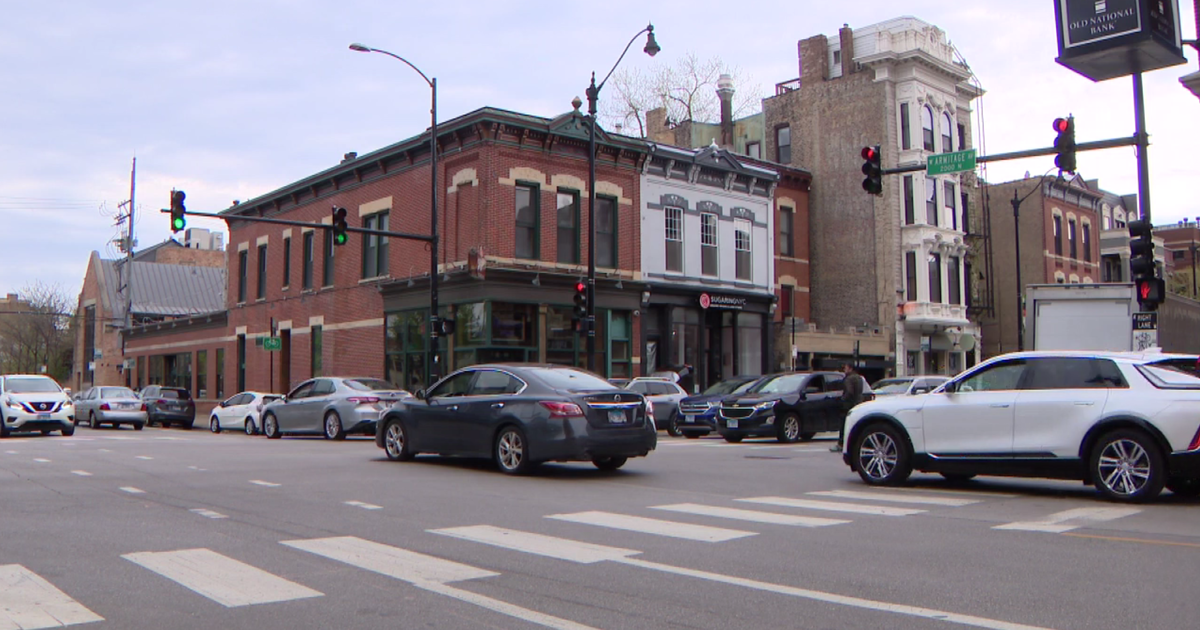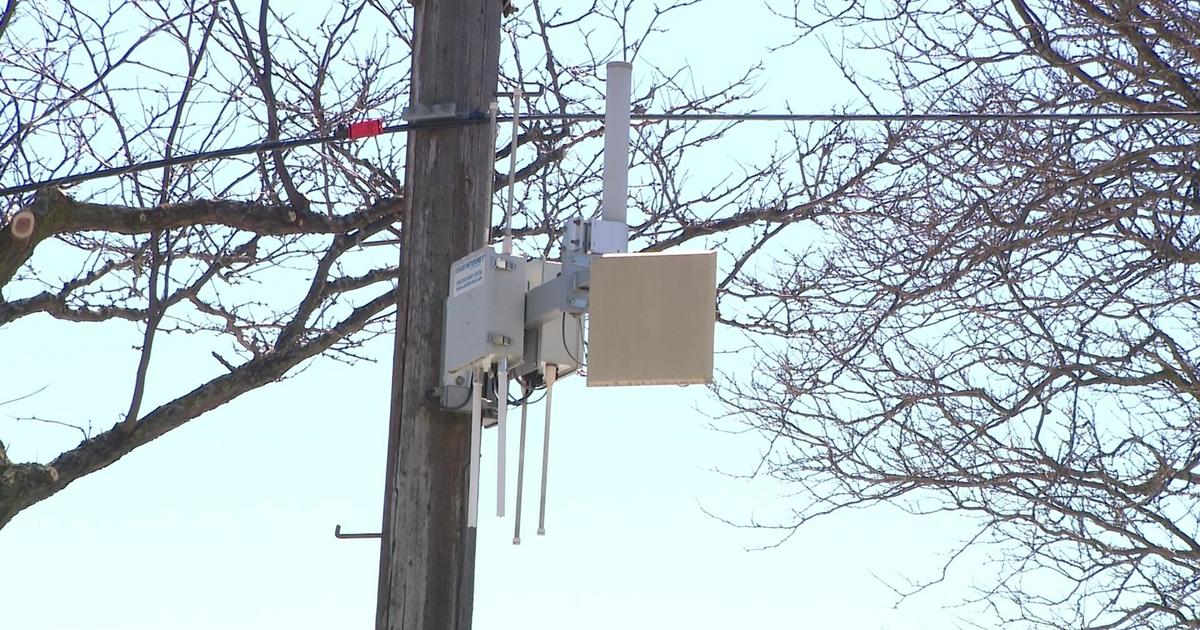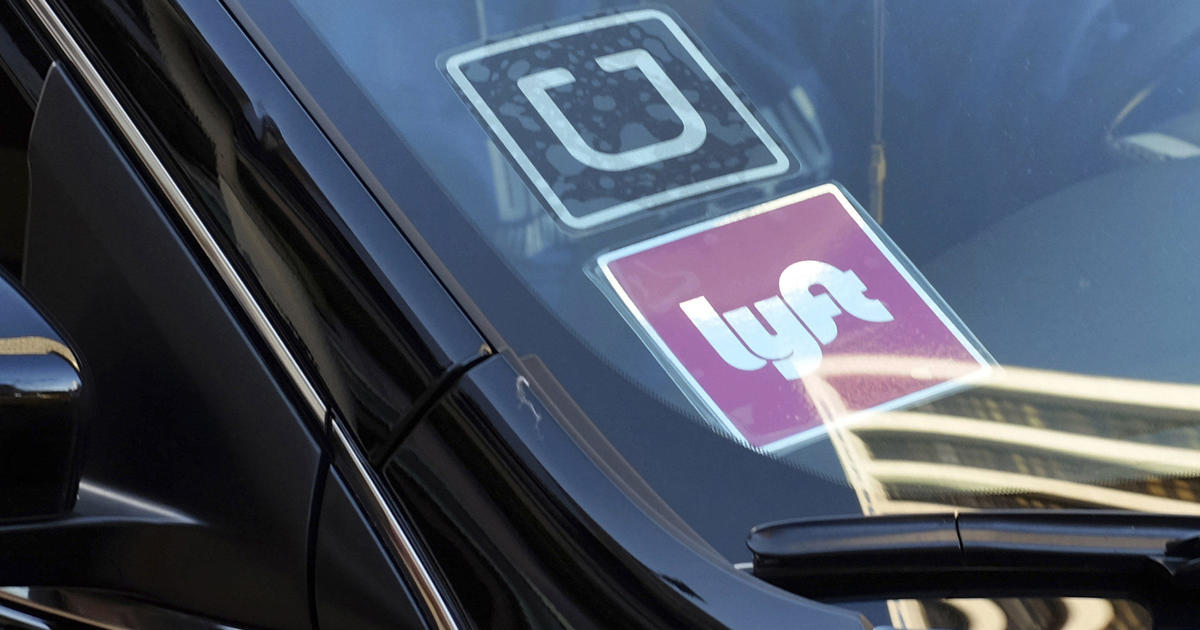Kentucky Added To Chicago's Travel Quarantine Order; California, Puerto Rico Removed From List
CHICAGO (CBS) -- The Chicago Department of Public Health has added Kentucky to the city's emergency travel order, requiring people to quarantine for 14 days upon return from travel to high-risk states or territories, while removing California and Puerto Rico from the list.
Starting Friday, Kentucky will be added to the city's quarantine list, which now includes a total of 21 states: Alabama, Arkansas, Florida, Georgia, Hawaii, Idaho, Iowa, Kansas, Kentucky, Louisiana, Mississippi, Missouri, Nebraska, Nevada, North Carolina, North Dakota, Oklahoma, South Carolina, South Dakota, Tennessee, and Texas.
States and territories are added to the city's list when they have more than 15 new COVID-19 cases per 100,000 resident population, per day, over a 7-day rolling average.
Six of those states -- Hawaii, Idaho, Nebraska, Nevada, North Carolina, and Texas -- could be removed from the list next week, because they are now seeing fewer than 15 cases per 100,000 population per day. If they remain below that threshold another week, they will be taken off the list.
Although city officials warned last week that Indiana could be added to the list this week, but that state's numbers have since dropped below the threshold for the city's quarantine order. It appears Wisconsin is at risk of being added to the list soon, as they are averaging 14.9 cases per 100,000 population per day.
Travelers entering or returning to Chicago after spending more than 24 hours in one of the high-risk states on the list are required to self-quarantine for 14 days from the time they were last in one of those states. The order does not apply to people who are flying through Chicago on connecting flights, or driving through the city on their way to other destinations.
Essential workers are exempt from the quarantine mandate if they must travel for work, but should only leave home for work, and avoid public spaces as much as possible.
Exceptions also apply for those leaving home for medical treatment, or parental shared custody reasons; and for people for whom self-quarantine "is not possible, practicable or advisable."







